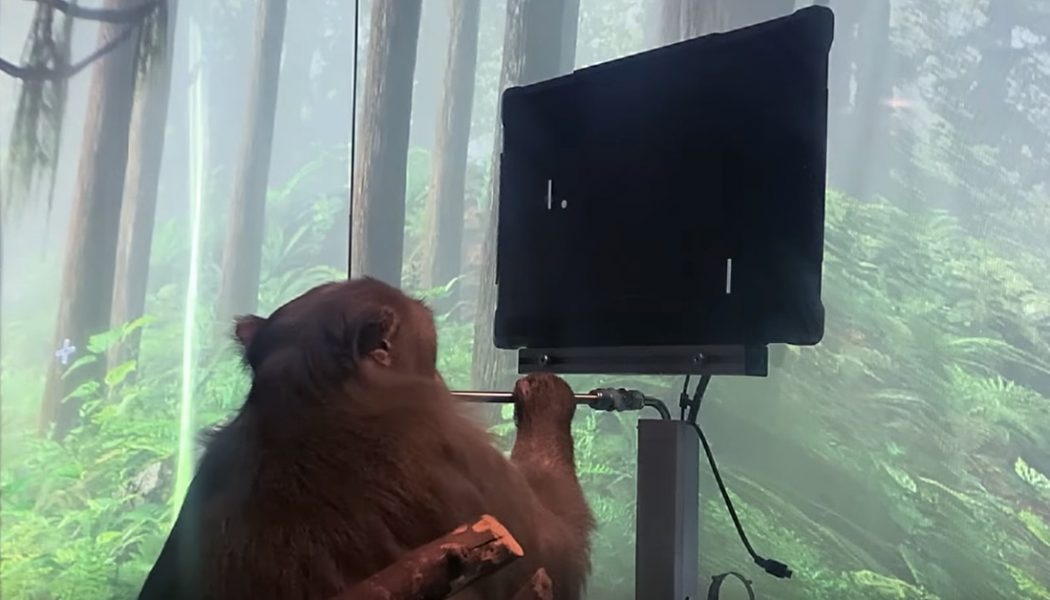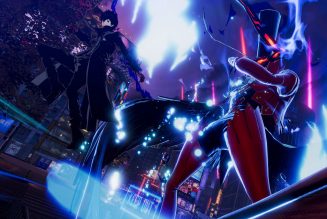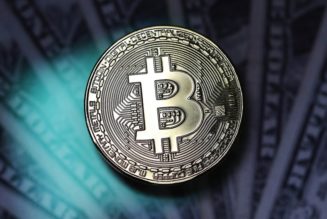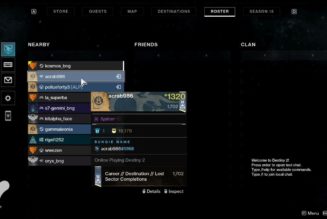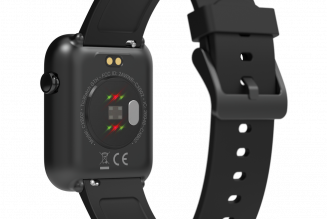
Neuralink, Elon Musk’s company focused on developing brain-machine interfaces, has posted a video to YouTube that appears to show a monkey navigating an on-screen cursor using only its mind.
Pager, a 9-year-old macaque monkey, had a Neuralink implanted about six weeks before the video was shot, the video’s unnamed narrator says. He was first taught to play video games with a joystick for a banana smoothie reward, delivered through a metal straw. While he was doing this, the Neuralink device recorded information about which neurons were firing — learning, essentially, to predict hand movements by recording which regions fired. After learning the patterns, the joystick Pager used to play was disconnected from the computer. The monkey appears to go on playing the game using only his mind — playing a game of Pong with no joystick whatsoever.
First @Neuralink product will enable someone with paralysis to use a smartphone with their mind faster than someone using thumbs
— Elon Musk (@elonmusk) April 9, 2021
This style of scientific release is unusual; ordinarily, videos like this are supplementary material to peer-reviewed papers published in scientific journals. Those papers contain data that can be checked by other scientists. It’s believable that a monkey might play video games using a brain implant — after all, a paralyzed man has already used a robotic arm and a non-Neuralink brain implant to drink beer. Pong is a classic of brain-machine interfaces — in 2006, Matthew Nagle did a similar feat with four days’ worth of training.
In July 2019, Musk said that a monkey had already been able to control a computer with its brain and the Neuralink implant. Since then, we’ve seen demonstrations of the Neuralink technology in pigs. Today, Musk tweeted that Neuralink might let a paralyzed person tweet faster than a person using their thumbs on a smartphone. A later goal, he said in a follow-up tweet, will be to send signals from Neuralinks in the brain to Neuralinks in major body neural clusters, “thus enabling, for example, paraplegics to walk again.”
